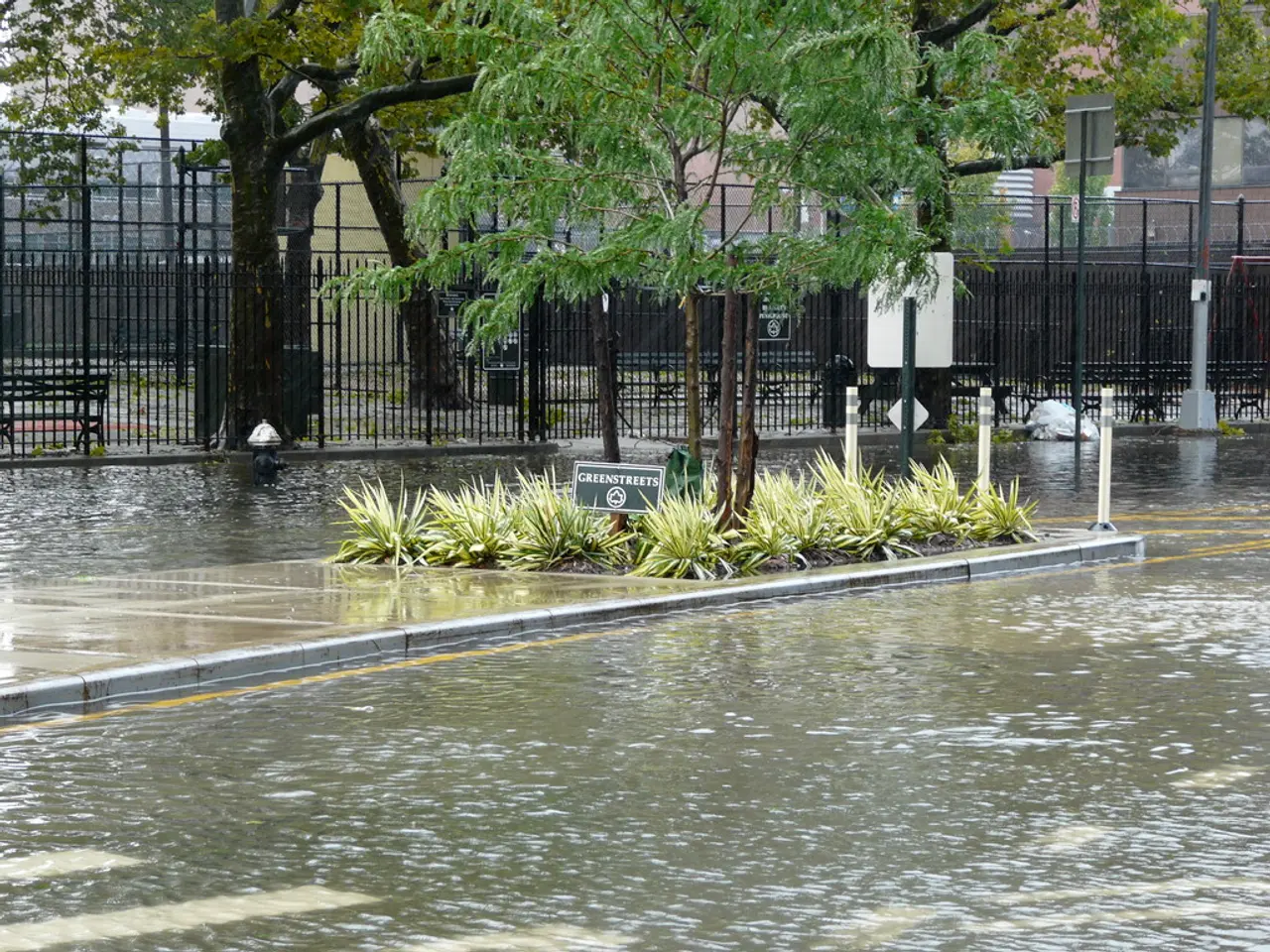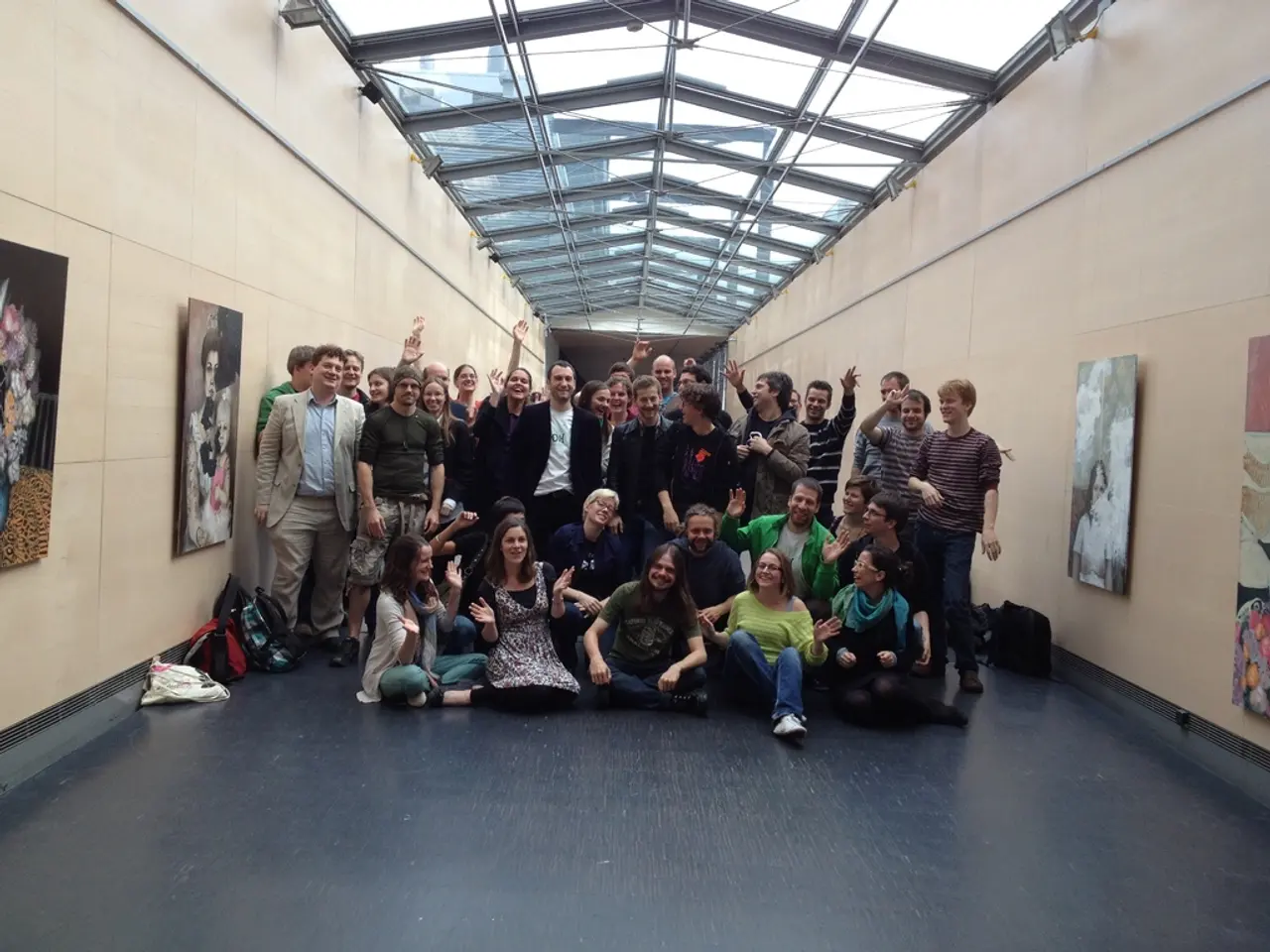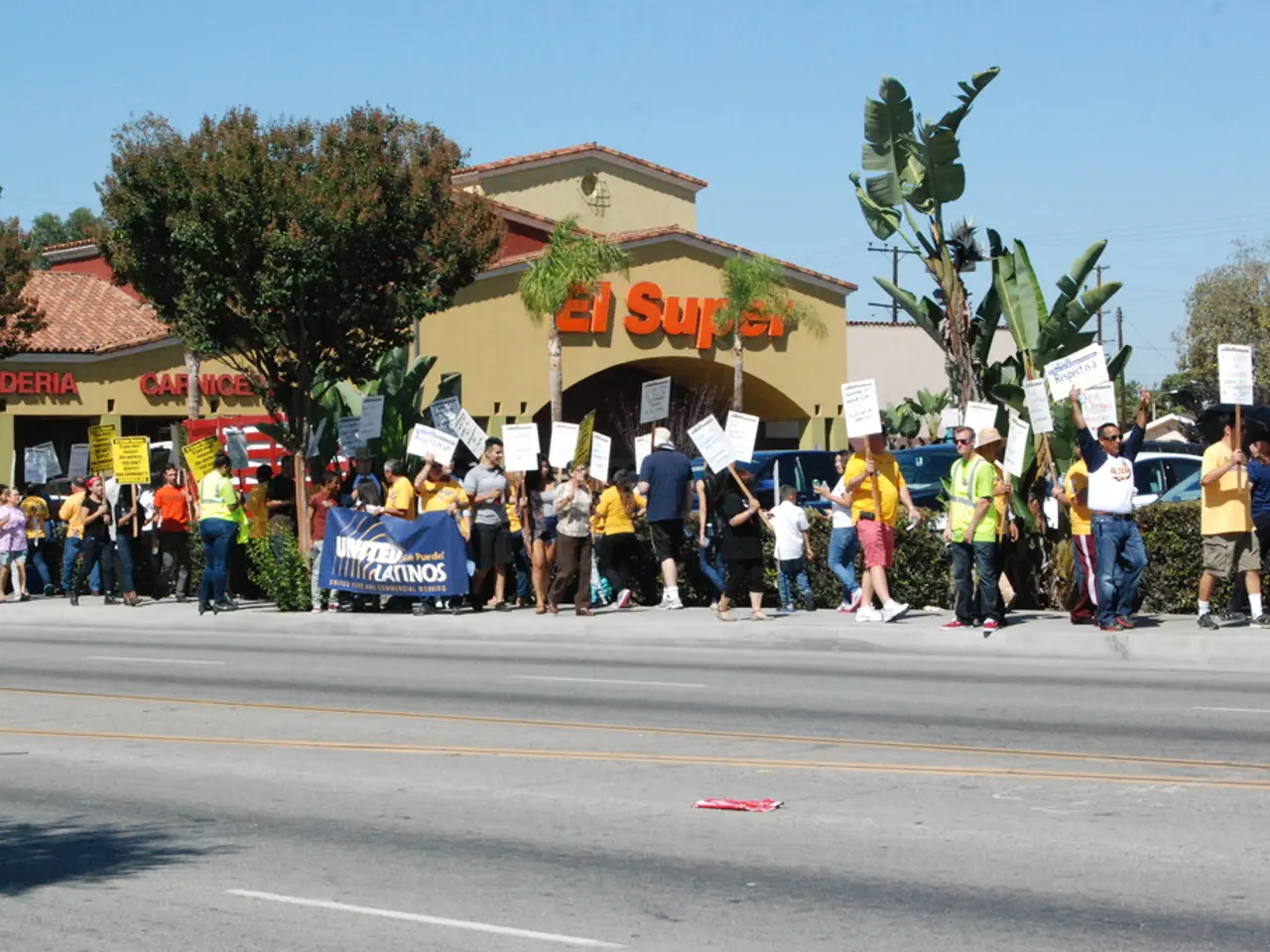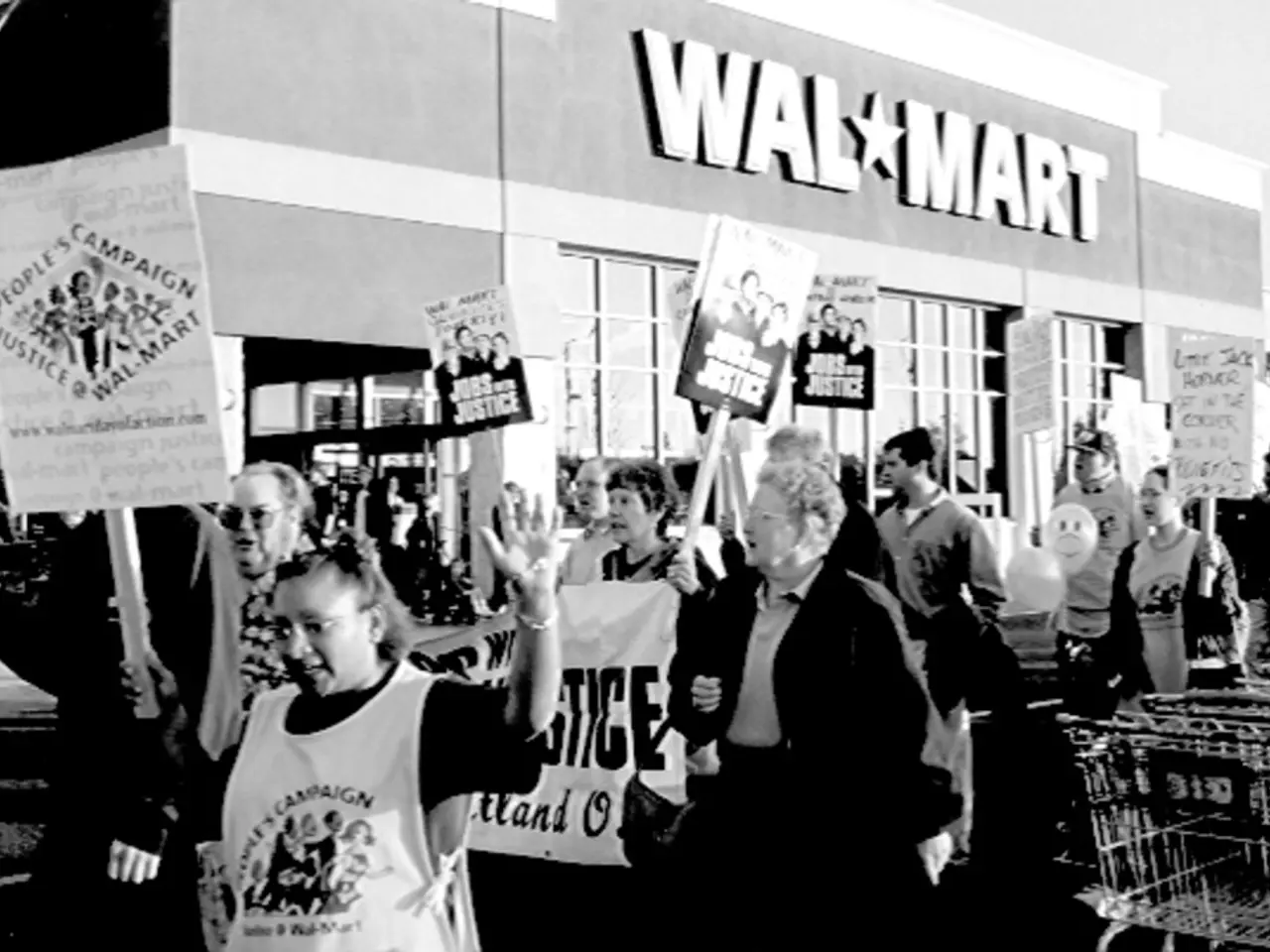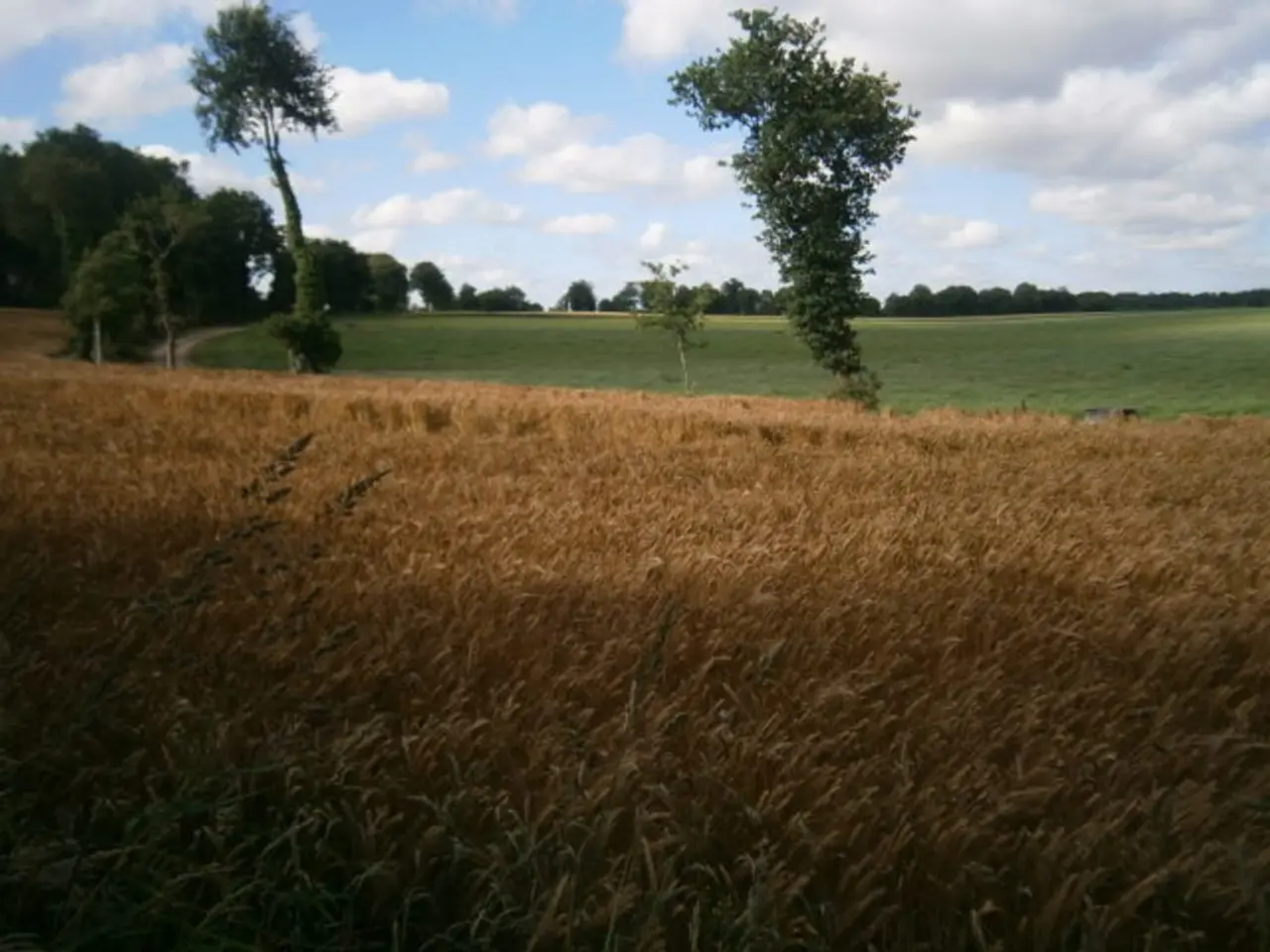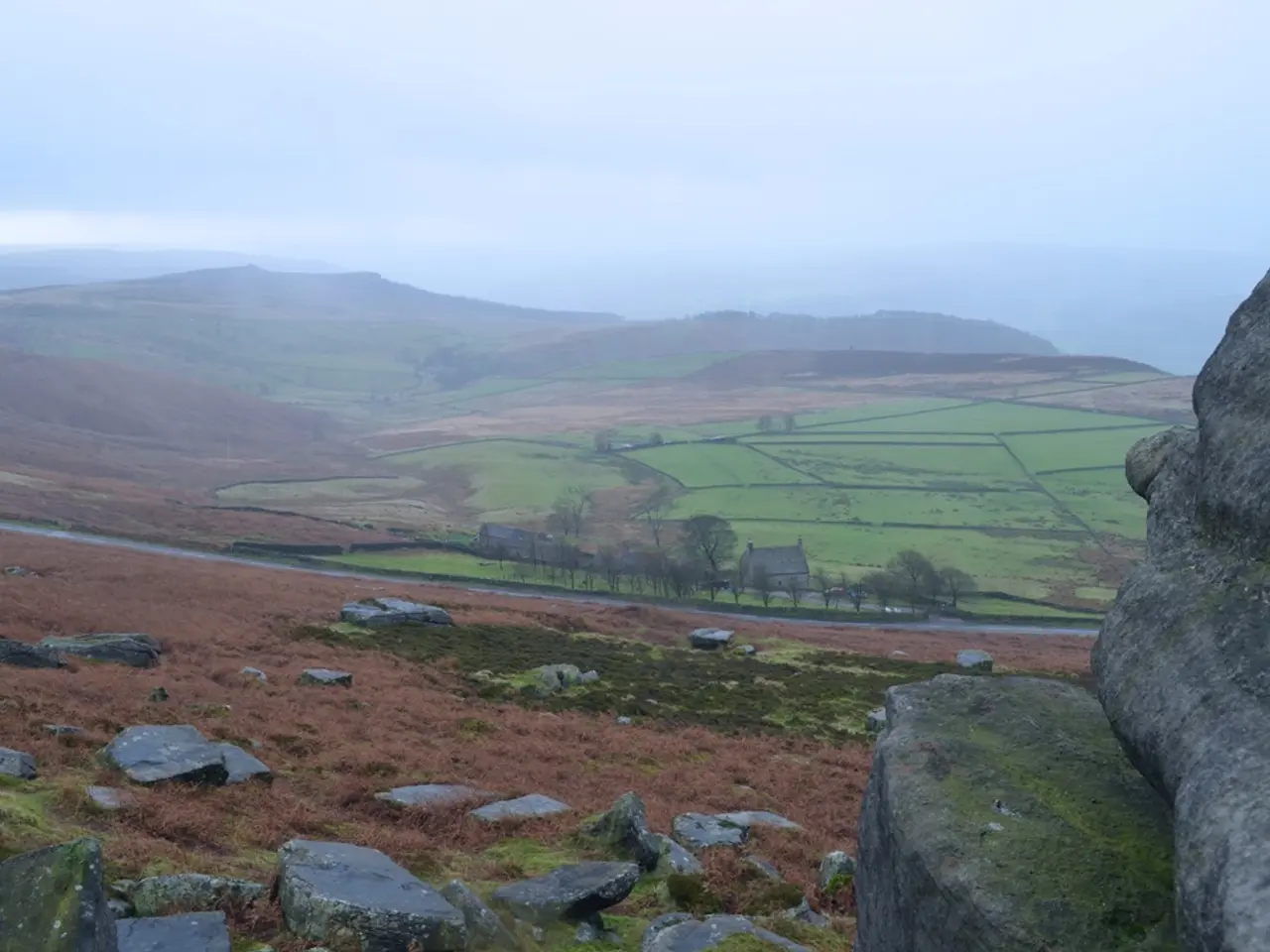Authorities tighten grip on water crime syndicate
The South African government is taking decisive action to combat the activities of criminal syndicates known as the "water mafia," who are responsible for sabotaging water infrastructure and selling stolen water at inflated prices.
Deputy Minister of Water and Sanitation, David Mahlobo, has emphasized the government's commitment to tackling these criminal networks that damage water infrastructure, such as pump stations, pipelines, cables, and valves.
Key initiatives and actions include:
- Crackdown on criminal syndicates: Authorities are targeting well-coordinated networks that engage in vandalism, theft of critical components, and extortion in the water sector. These activities not only cripple infrastructure but also endanger public health, inflate municipal budgets through recurring repair costs, and degrade the dignity of affected communities.
- Legal action and convictions: Recent successes include the conviction of 26 individuals involved in theft and sabotage of water infrastructure, marking a significant breakthrough in enforcing accountability.
- Awareness and coordination efforts: Government officials are participating in platforms such as webinars hosted by the South African Human Rights Commission to highlight the issue and strategize responses.
- Addressing financial misconduct: The Department of Water and Sanitation is investigating allegations of financial misconduct related to the sector, signaling efforts to improve governance and reduce corruption that could enable sabotaging activities.
- Infrastructure upgrades and investments: While combating sabotage, investments in water and sanitation infrastructure continue, such as the Western Cape government's allocation of R32 million to upgrade water and wastewater systems amid ongoing challenges.
In addition, Mahlobo has called for a culture of whistleblowing within the water sector and encourages community participation in protecting infrastructure. He reaffirms that water access is a non-negotiable human right and should not be held hostage by criminals.
Citizens are urged to report suspicious activities related to water infrastructure to local law enforcement or municipal security authorities. The problem is not limited to urban centers but is emerging across the country and requires urgent, coordinated, and forceful action.
Mahlobo calls on various groups, including civil society, organized labor, water activists, conservation groups, and traditional leaders, to unite against the sabotage of national infrastructure. The government’s response combines law enforcement, legal prosecution, public awareness, financial oversight, and infrastructure investment to dismantle water mafia operations and safeguard water services across South Africa.
- The government's initiatives to combat the water mafia also involve increasing investments in technology, such as the use of advanced monitoring systems to detect and reduce water losses, ensuring a more efficient and sustainable water infrastructure.
- As part of the general-news, there have been debates in politics regarding the need for stronger education policies to equip citizens with the knowledge and skills necessary to recognize and report crimes related to water and infrastructure.
- In light of the ongoing challenges with the water mafia, there has been extensive news coverage on the importance of proper infrastructure maintenance and the effects of crime and justice on the overall state of education in South African communities.

